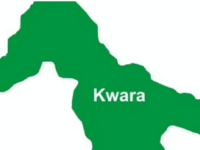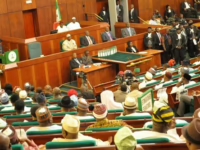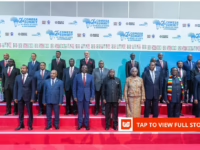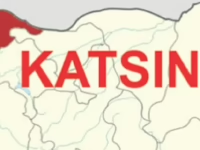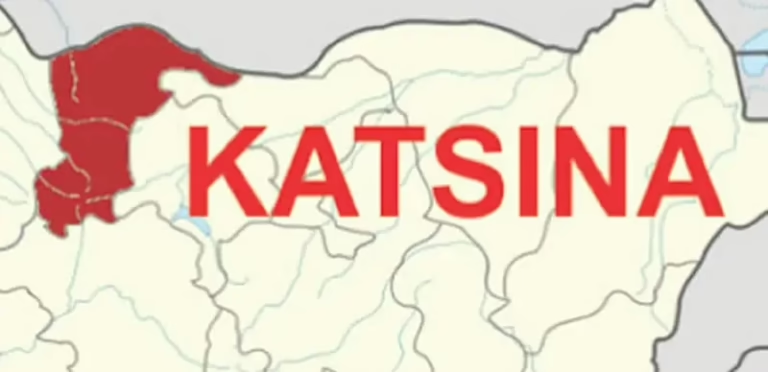The Katsina State Government has mandated the shutdown of 32 institutions-regulatory-bill/” title=”Kaduna Assembly Takes Bold Step: Passes Landmark Bill to Regulate …”>private tertiary institutions operating without the necessary accreditation or official licenses from the state’s regulatory authorities.
During the 2026 pre-budget defense session held in Katsina, Dr. Muhammad Isah Kankara, the Commissioner for Higher, Technical, and Vocational Education, revealed this directive before a committee led by Malik Anas, the Commissioner for Budget and Economic Planning.
Dr. Kankara highlighted that investigations conducted by the ministry uncovered numerous private tertiary institutions functioning unlawfully, failing to meet the established national educational standards.
He emphasized that the closure was imperative to safeguard students’ interests and uphold the quality of education throughout the state.
“Our assessment indicates that several private tertiary institutions have been operating without the necessary approvals from the appropriate regulatory bodies,” he noted.
Nonetheless, the commissioner acknowledged that this enforcement action has adversely impacted the ministry’s projected Internally Generated Revenue (IGR) for the 2026 fiscal year.
He explained that the anticipated revenue from tertiary institutions is expected to decline sharply compared to previous years, as many of the closed schools were significant contributors to the ministry’s income.
“The IGR forecast for this year will be considerably lower because numerous private institutions that previously contributed to state revenue have been suspended. Revenue recovery will depend on their compliance and subsequent regularization,” Dr. Kankara stated.
During the proceedings, Malik Anas urged the ministry to furnish a comprehensive list detailing all licensed and unlicensed tertiary institutions, alongside their respective revenue projections.
He stressed the importance of transparency and realistic financial planning, encouraging the ministry to make such data publicly accessible.
In response, Dr. Kankara confirmed that the ministry is in the process of compiling the required information and will present a full report to the committee.
He further disclosed that following the closure exercise, only seven out of 39 private tertiary institutions remain officially recognized and operational within Katsina State.
The committee praised the ministry’s commitment to regulatory enforcement but instructed it to provide updated records of all tertiary institutions both prior to and following the closures.
Additionally, the committee tasked the ministry with projecting the number of institutions likely to regain accreditation before the upcoming fiscal year to facilitate accurate budget planning.
This crackdown on unaccredited private tertiary institutions forms part of Katsina State’s wider initiative to cleanse the education sector and ensure adherence to national quality standards.





